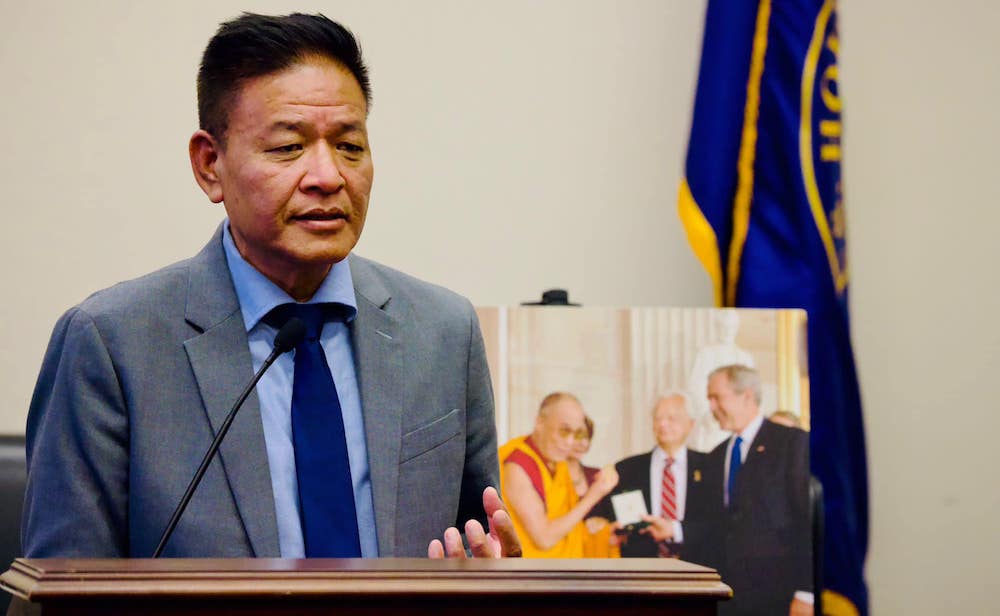By Tenzin Nyidon
DHARAMSHALA, Oct 18: In an ongoing effort to encourage peaceful dialogue between China and Tibetan leaders, the US State Department on October 10 issued a report to Congress calling on China to create necessary conditions for negotiations aimed at resolving the longstanding Tibet-China conflict. The report said that a negotiated resolution offers the best prospect for long-term regional stability.
The report to Congress, mandated by the Tibetan Policy Act of 2002, reiterates the importance of dialogue in resolving the Tibet-China conflict. This development comes amid a prolonged absence of official contact from the Chinese authorities and Tibetan leaders since 2010.
“The U.S. government believes that a negotiated resolution that leads to meaningful autonomy for Tibetans and ensures they are able to freely practice their religion, culture, and language provides the best hope for long-term stability in the region,” the annual report to Congress on Tibetan negotiation said.
The latest report, as mandated by the Tibet Policy Act of 2002, covering the period from May 1, 2002, to April 30, 2023 aligns with the provisions of the Act’s requirement for “the President and the Secretary to encourage the government of the People’s Republic of China to engage in a dialogue with the Dalai Lama or his representatives, leading to a negotiated agreement on Tibet.”
The specific period covered in the report also offers insights into efforts made by the US. These efforts included Under Secretary of State Uzra Zeya’s call for dialogue in Geneva and Dalai Lama’s succession; President Joe Biden’s engagement with Chinese President Xi Jinping about China’s policies in Tibet; US official’s denouncement of human rights abuses in Tibet including mass DNA collection; and US designated Chinese officials Wu Yingje and Zhang Hong with sanctions under the Global Magnitsky Program.
The release of the report coincided with the arrival of President Penpa Tsering of the Central Tibetan Administration (CTA) in the United States. Tsering’s visit to Washington, DC, was marked by meetings with State Department officials, members of Congress, journalists, and other stakeholders. He is scheduled to speak at the National Press Club on October 18.










